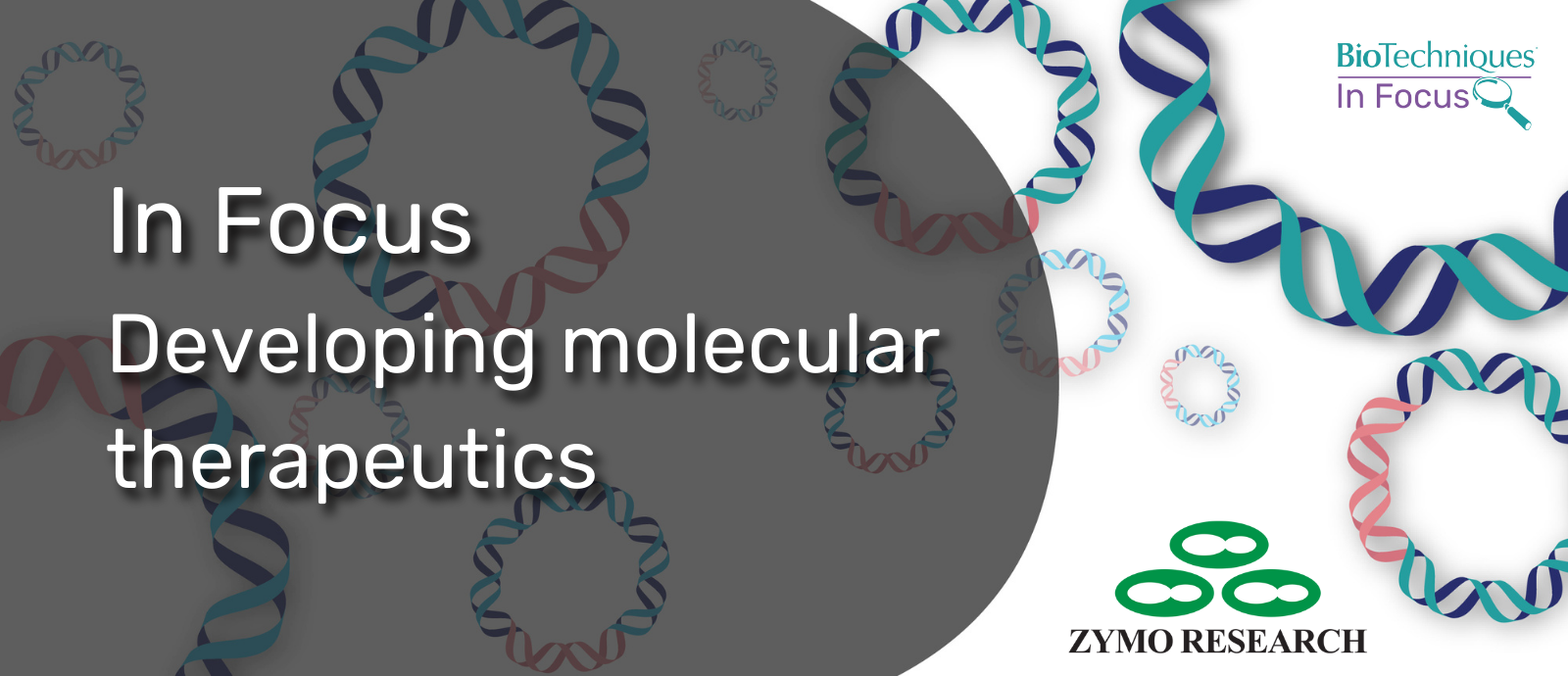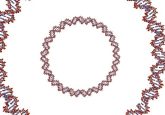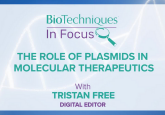Developing molecular therapeutics

Molecular-based therapeutics are growing in prevalence due to the advantages that they present, for instance, the longer lasting, more targeted impact of their activity. In the development of molecular therapeutics, plasmids are used as a versatile tool; acting as a direct vector for gene therapies or being used in vitro to create recombinant viral vectors, mRNA and protein products.
Molecular therapeutics and gene therapies in particular, have not always faced a simple developmental path. The great promise of gene therapies was offset by high-profile incidents in early clinical trials, which raised many safety concerns. Issues related to safety have been largely resolved over the last two decades and these treatments have gradually become more commonplace. As we learn more about the human genome and technologies such as CRISPR allow for more precise editing of genes, the development of these therapies is bound to accelerate.
However, the most common methods for producing plasmid DNA that is suitable for developing and manufacturing molecular therapeutics are slow, labor intensive and can be inconsistent. This significantly slows down the screening of therapeutic candidates for attributes related to safety, efficacy, and targeting.
This In Focus will explore molecular therapeutic development to identify the bottlenecks in advancement and the solutions available to accelerate the field, including:
- Recent developments in molecular therapeutics
- Key challenges in molecular-therapeutic development
- Novel techniques in molecular-therapeutic development
- Accelerating molecular-therapeutic development


